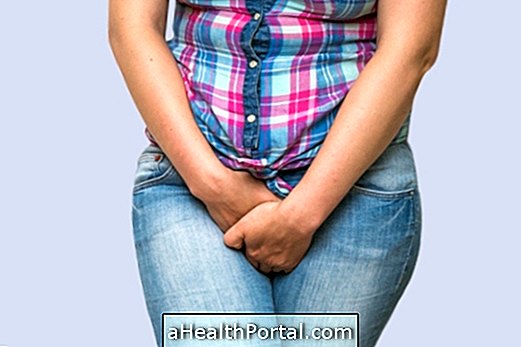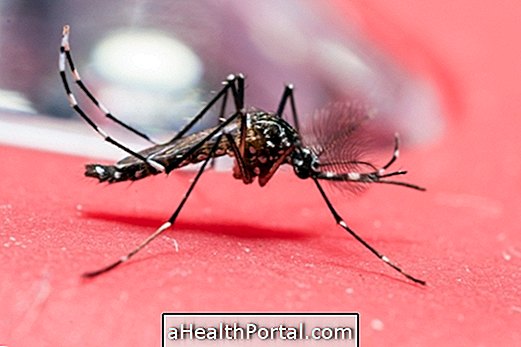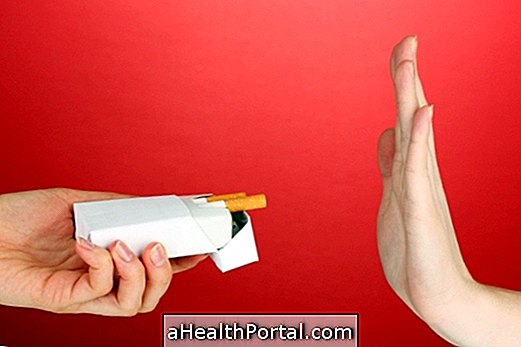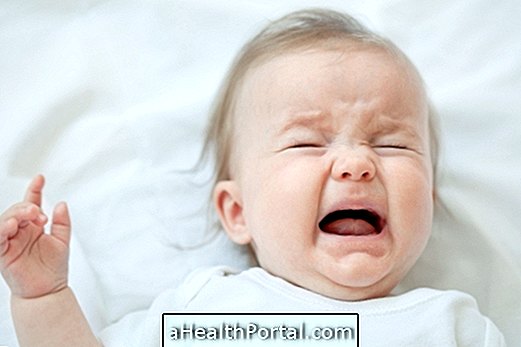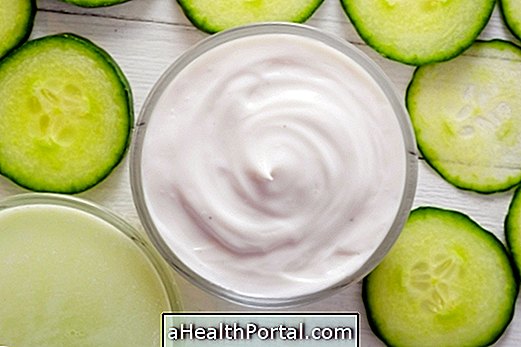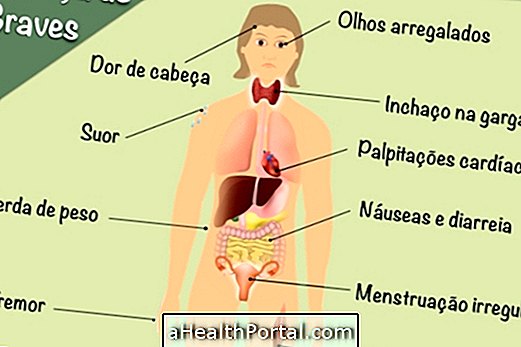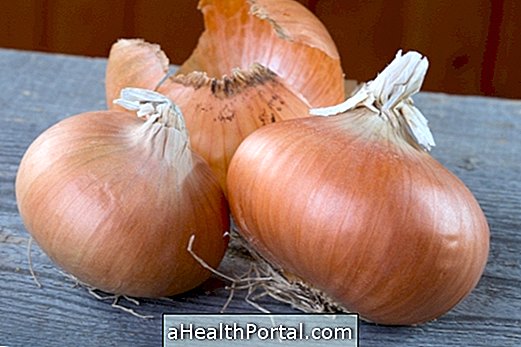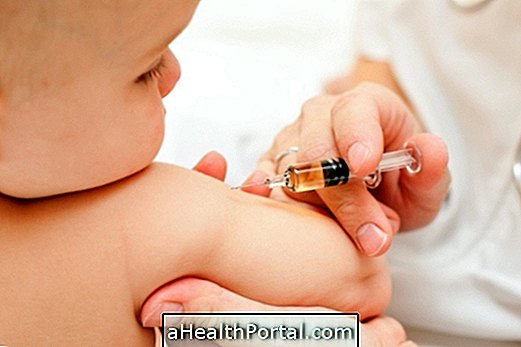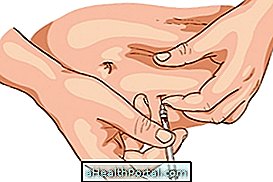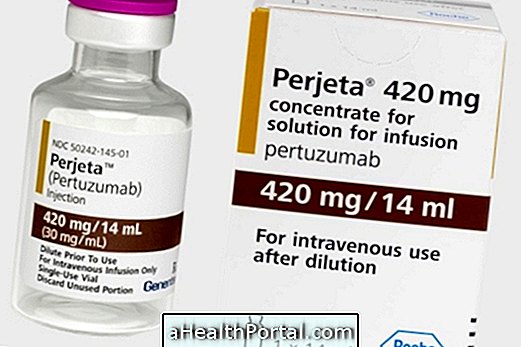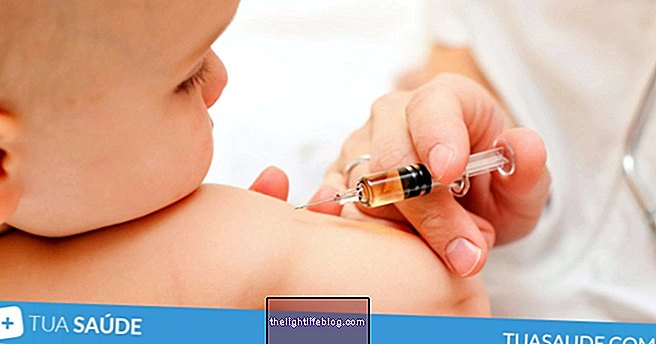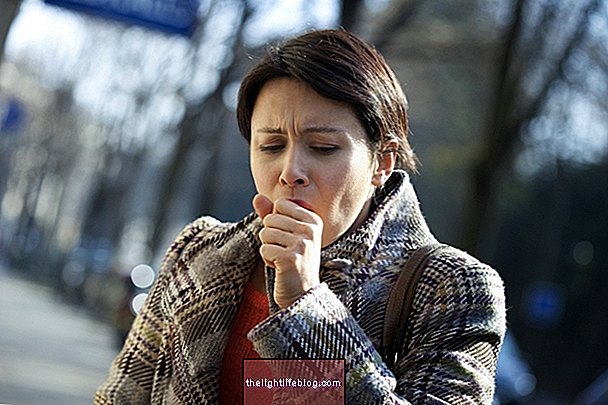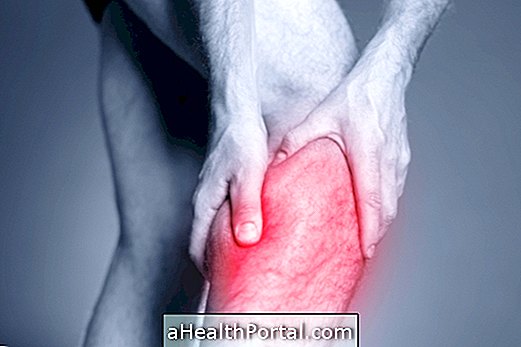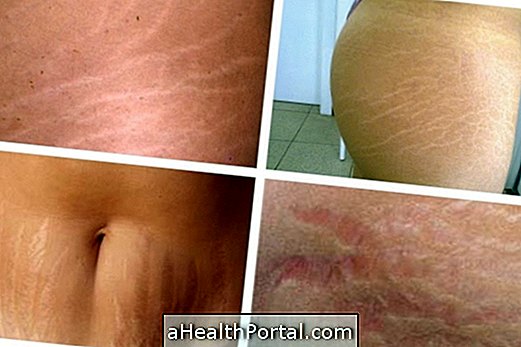For parents and siblings not to take the child's chickenpox, they should take the chicken pox vaccine as soon as possible. If they have not yet taken it, it serves to prevent the development of the disease or to soften its symptoms, which in adults, are more intense and severe.
The vaccine is offered by SUS and can be taken from the age of 1. Learn more about the chicken pox vaccine.
In addition to the vaccine, your doctor or pediatrician may recommend the use of an antiviral medicine so that if your parents or siblings get chickenpox, symptoms such as fever or blistering may be milder.
If the parents or siblings have already taken the chickenpox vaccine, the risk of developing the disease is minimal, but if it does, the symptoms are mild, with only about 30 blisters appearing, and recovery usually occurs within a week.
Other precautions not to take chicken pox
Other care for parents or siblings not taking chicken pox include:
- Avoid contact with the child with chicken pox. For this, the child can be cared for by the nanny or other relative who has had chickenpox, or the brothers leave home and are cared for by another family member;
- Use gloves to treat the blisters of the chickenpox in the child, as the chicken pox is caught by direct contact with the wound fluid;
- Do not touch, scratch or burst the wounds of the child's chicken pox;
- Wear a mask, as the chicken pox also picks up by inhaling saliva droplets, coughing or sneezing;
- Keep your hands always clean by washing them with antiseptic soap or alcohol several times a day;
- Do not go malls, buses or other enclosed space.
This care must be maintained until all the chickenpox wounds dry up, which is when the disease is no longer contagious. During this time, the child should stay at home and not go to school to avoid the transmission of the disease.
In some cases, parents prefer that siblings stay home and get chickenpox as well, because chicken pox when it appears as an adult is more severe.
How Not to Get Your Child's Chickenpox Being Pregnant
For the pregnant woman not to take her child's chickenpox, she should avoid contact with the child, stay in someone else's house or leave the child in the care of a family member until the chickenpox wounds completely dry, since the vaccine can not be administered during the pregnancy.
In addition, the obstetrician may also recommend the use of an antiviral drug to decrease the risk of the woman taking chicken pox or decreasing the severity of symptoms if she takes chicken pox.
It is very important that the pregnant woman does not get chickenpox because the baby can be born with low weight or with malformations in the body. See the risks of taking chicken pox in pregnancy in: Chickenpox in pregnancy.
When to go to the doctor
Parents or siblings who have not yet had chicken pox should go to the doctor in the presence of:
- High fever;
- Headache, ear or throat pain;
- Lack of appetite;
- Blisters of chickenpox on the body.
These symptoms may indicate that some of the parents or siblings have taken chicken pox and therefore the treatment should be started soon.

